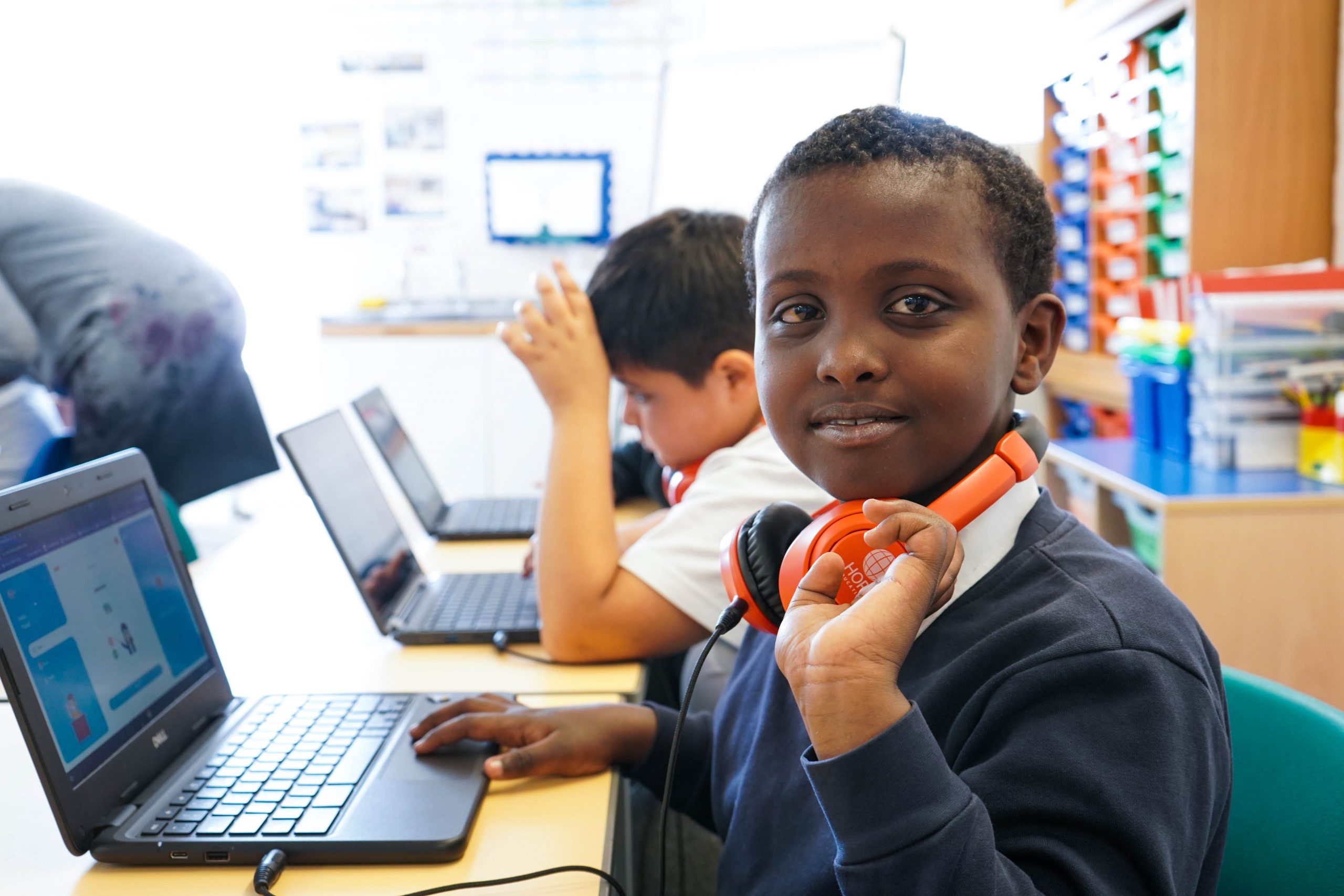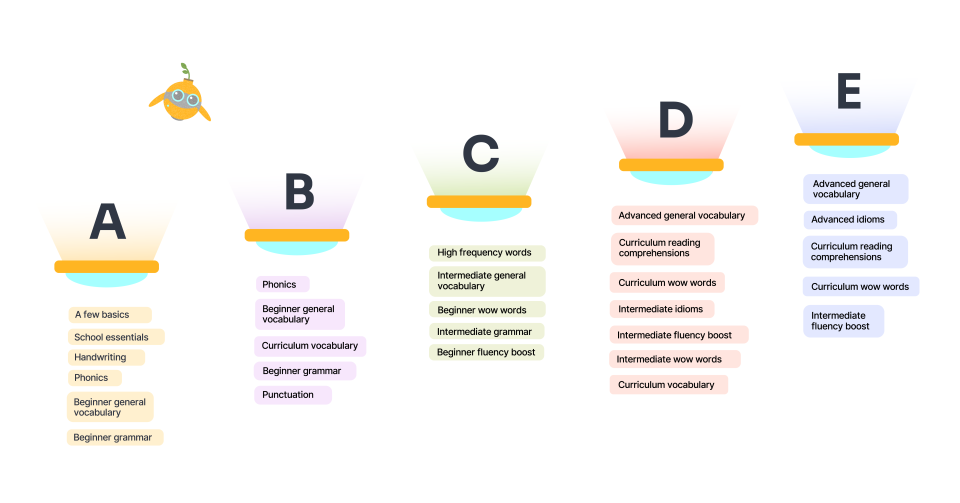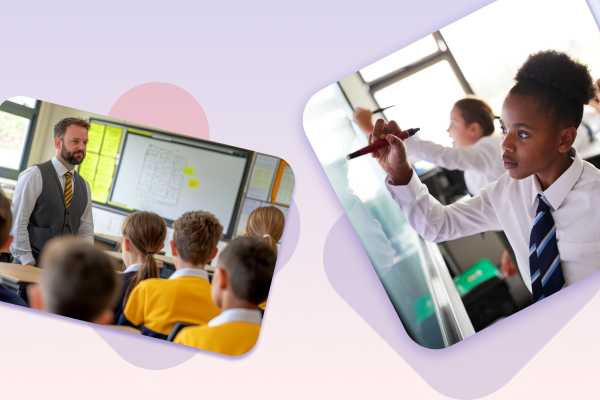

FlashAcademy® is the UK’s No1. EAL platform for schools with 48 home languages, supporting language development and acquisition for pupils with English as an Additional Language.
Newly arrived pupils with EAL are presented with three tasks:
1. to learn English language
2. to learn the curriculum through English language
3. to integrate into the school community and make friends
This is where FlashAcademy® comes in!
FlashAcademy® is an award-winning digital English assessment and learning platform that teaches social and curriculum English language to EAL learners, whatever their proficiency level.
So, how does it work?
Here’s our pedagogical approach.
The platform features multimodal flashcards (Paivio & Csapo, 1973) and quick-fire lessons that embed new vocabulary through a range of challenge types, covering receptive and productive skills, while engaging games make retrieval practice fun. The competitive elements in the app spark excitement in the classroom which helps pupils to build social relationships and improve their confidence.
Vocabulary lessons cover tier 1 general vocabulary, tier 2 academic vocabulary and tier 3 subject-specific curriculum vocabulary, helping students to gain curriculum access and promoting the development of English across the school curriculum (Brooks et al., 2021; Dobinson & Buchori, 2016).

The low stakes format of lessons supports independent learning, allowing differentiation opportunities for teaching, and scaffolding throughout lessons encourages student engagement, helping to reduce cognitive load (Wagner-Loera, 2017; NALDIC, 1999).
Translations and audio in 48 home languages foster inclusion, promotes plurilingualism in the classroom and helps support language development in learners with low literacy (Carpenter & Olson, 2012; Dutcher & Tucker, 1995).
There are a range of lesson types in addition to vocabulary lessons which provide a wide variety of language learning opportunities for students. These interactive lessons target a range of skills including grammar, handwriting, reading comprehension and inference. The lessons are also designed to develop cultural capital and teach figurative language; two areas which are challenging for EAL pupils (Hessel & Murphy, 2018).

